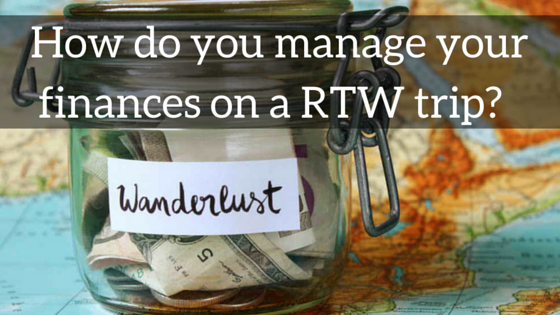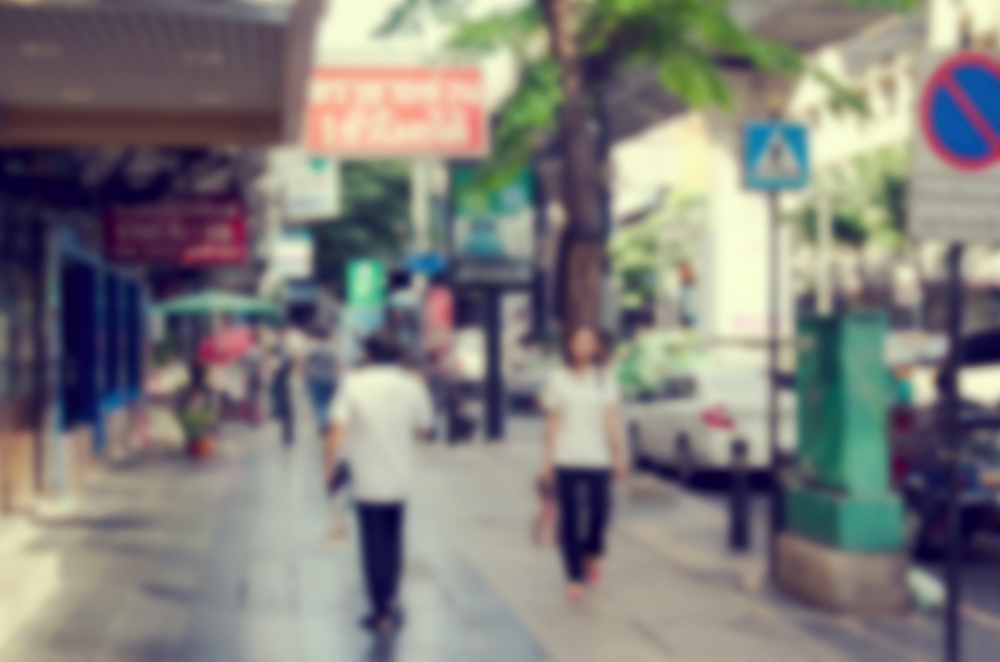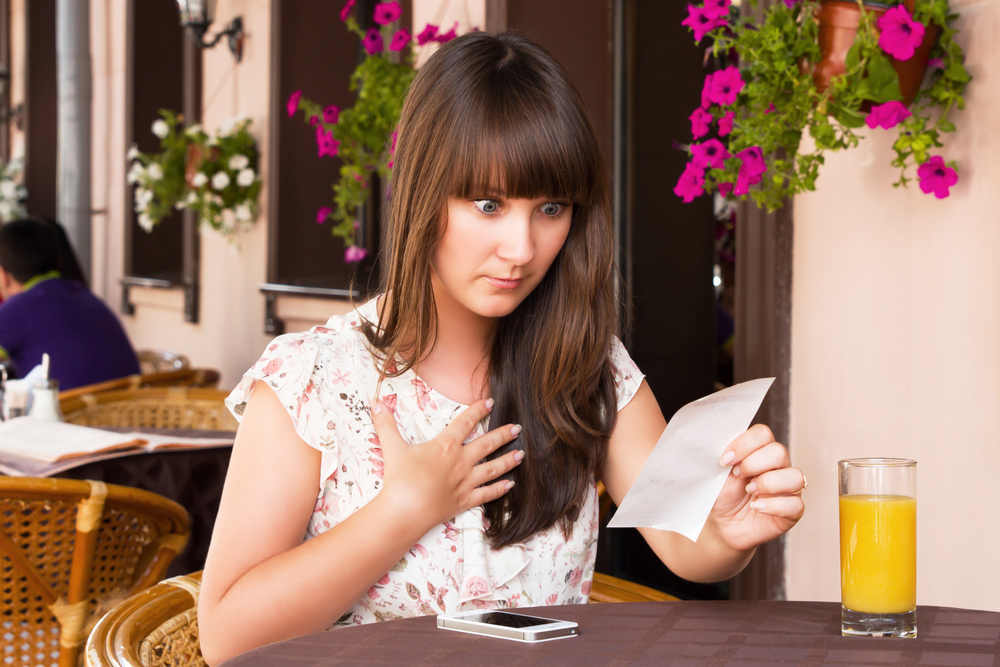Today we’re talking about managing those pesky bills and keeping on top of your finances while on a long-term trip. Obviously, before you go, stop, suspend, or get rid of any services you don’t need (cable, internet, local phone, electricity, etc). Sign up for online bill pay, online banking (especially with banks that charge no international or ATM fees), and put a traveler’s notice on all your cards.

Cristina who is one of our AirTreks travel gurus has some great tips for not just managing finances, but also making sure you stay within a budget for your long-term trip.
“I’ve started keeping a budget some years ago, but for the past year I’ve been a lot more involved, literally writing down every single cent I spend and being able to predict my expenses whether I am at home, I travel or there’s an emergency.
‘The emergency fund’ is something I created after reading quite a bit on managing finances. The point was to have enough money saved to afford to live normally for 6 months if my main stream of income wasn’t there anymore. At the end of each month, I assess how much money we have to spare. Then I decide how much can go into the “emergency fund”. I never touch it unless it’s a real emergency. I ended up using part of this fund for emergency surgery and doctor visits in early 2015.
Here are some daily / monthly habits which save me money:
- I use an excel sheet to keep detailed notes of everything I spend. When I travel, I write the spendings down in a notebook I always have with me
- I pay my utilities bills on time. No need to pay penalties
- I walk as much as I can. Being a proud owner of a FitBit , not only do I keep myself healthy, beat my friends at the step count, but also save money on transportation

- I unplug everything I don’t use . When I travel for a short time, the freezer stays plugged in, but for longer trips, that also gets unplugged (after I empty it!)
- During winter months, I turn the heat off when I am not at home (and many times during the day when the outside temperature is pleasant)
- My washing machine works with cold water and I never run it half-full
- I cook at home. It’s cheaper and healthier than going out
- I prefer to travel during the low or shoulder season
- I prefer to go to events which don’t have an entrance fee
- I don’t shop on an empty stomach (well, not all the time) as the chances to buy out of impulse is lower
- I use the 48 hour rule when I need to buy something which costs more than USD 50. If after 48 hours I decide I still need it, I buy it
- I brew coffee at home but sin badly when I travel (I love coffee shops!)
- I work from home. Saves on commute and clothes
- I grow herbs at home
- I shop during the sales season
- I travel carry on only
- I use the public transport both when I travel and at home
- I book accommodation and travel in advance to take advantage of cheaper fares
- I have a fidelity card [local rail pass] with the rail operator I use at home (and have 25% discount for each trip)
Several weeks before I leave on a trip, I do a sheet with the estimated costs.
- Accommodation – most often it would have been paid in full or partially by now
- Transport
- to/from the airport or train station and my accommodation;
- cost of return-trip public transportation from where I am places I’d like to visit (if they aren’t iwithin walking distance)
- Entrance fees to all the sites I want to visit (and those I “may” visit)
- Estimated food cost.
- How much does food cost in the restaurant? Cafe? How about in the supermarket?
- The longer I stay, the more I’ll visit supermarkets and markets to cook at the accommodation

- Fun fund; I make sure to budget for fun too! Things like souvenirs, coffee, cheap clothes, going out to dinner (which must happen when we are traveling during our anniversary)
- Health fund: While I bring some stuff with me (like ibuprofen), you never know when you need to visit a drug store.
- Emergency fund: Estimate how much transport and food costs and double that to bring as emergency
- Debit card with money on it from another bank than the main one I use. We keep accounts at two different banks. I make sure to have money on both accounts and bring both cards with us.
- Can I pay the bills before I leave or do I need to do it while away? Also, can I pay them online and do will i have a secure way of doing so (ie: personal laptop)
Tip: You can usually pay multiple months in advance on utilities or loans , but make sure to talk with your provider before you do this. “
Christina has a ton of great tips in here. Managing your finances for travel is more than just ‘paying the bills’. It’s also keeping track of, and living within, a budget, on and off the road. There are a few great travel budgeting apps out there too: Mint, Trail Wallet for iPhone users, and Expense IQ for Android (PS: None of these are affiliates. We actually like and use them).
What are your tips for managing your finances while traveling?